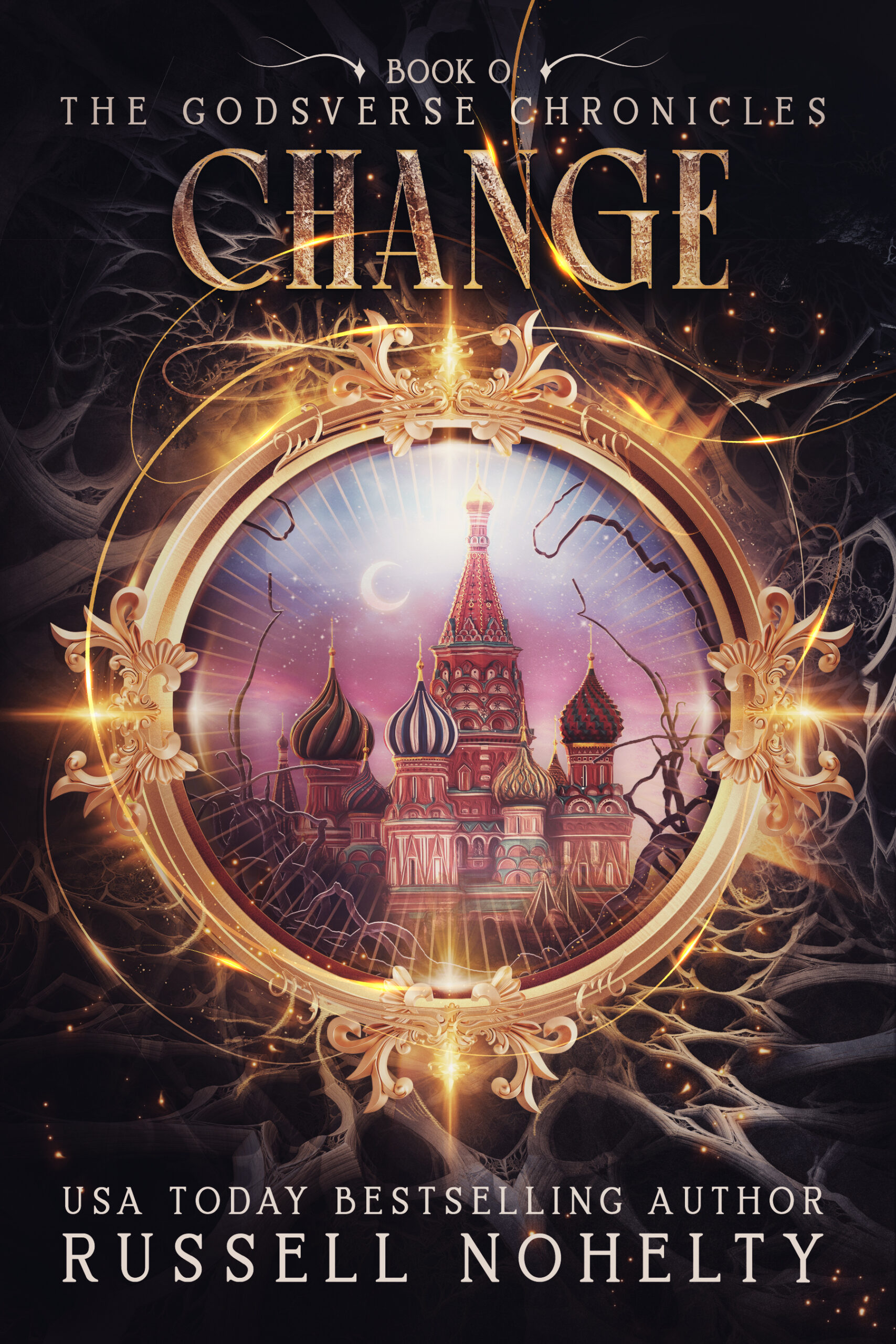Possibly the most important question to answer when moving into a creative career is this:
What is your funding mechanic for project creation?
For most creative types, their full-time job is their funding mechanic, at least at first. They use their paycheck to funnel money into their projects, which are may or may not be financially successful on their own.
For many full-time creatives, freelance work is the funding mechanic they use for project creation. They use money earned from their freelance work to fund creation of other projects.
For some creatives, their projects are “self-funded” meaning they generate enough revenue to be profitable, or at least revenue-neutral, without needing any other income to fund them.
Still, other creators have one or two projects that are SO SUCCESSFUL that they fund everything else. For me, this is the ideal. You don’t have to take freelance work, or do anything else except make your books.
For a long time, I was in the first group. Then, the second, the third, and finally, the fourth.
I’m very lucky in that almost all my projects are self-funded eventually, but that usually takes 1-2 years at least before I can see returns on them. Until they can self-fund, I still need capital from my uber-successful books in order to pay for the start-up costs on a new series.
Generally, I am spinning up at least one series at all times that hasn’t been launched yet.
Right now, I’m using profits from Ichabod, the Godsverse Chronicles, and Cthulhu is Hard to Spell to not only fund those projects, but also funnel money into three other projects that haven’t launched yet.
For me, that’s the cap of my project creation budget. Those three projects can pay for three others, funding them until they can fund themselves, and I know that number intimately because if I overreach, I’m in a LOT of trouble. Honestly, I’m probably overreaching right now with that number, and it might blow up in my face, but I’m taking a calculated risk with a lot of potential upside and minimal downside risks. I have to tell myself every day that I can’t work on another project until something else comes off my books.
When a creator struggles, it’s often from a failure to properly realize the answer to this question. There are no right or wrong answers to this question, but it is a question that needs to be answered, so you can build upon it.


This is so practical and fundamental, I’m going to refer to this post every time I begin publication-coaching with a new client. Thanks for expressing it so concisely.
And thanks for pointing out, at the end, that it’s wrong to make value judgments about each of the funding mechanics—which the reader is very likely doing as they read this post! If an author aspires to a certain funding mechanic in the future, that’s great. But don’t beat yourself up because you’re “stuck” at a different funding mechanic.
Be pragmatic, not dogmatic, about this kind of thing. Each of these four different funding sources could be the sweet spot for different authors, not everyone will have their sights set on #4. But it is important to openly recognize which one you’re at right now and embrace the strengths of it, rather than bemoaning the difficulties of it, even as you work toward the one you WANT to become your funding mechanic for the future.
Case in point: a client of mine claiming it was impossible to set a budget for their writing because there was no income from their writing. It was difficult but finally hugely freeing for them to accept Funding Source #1 as a legitimate way for a “real writer” to fund their writing education and platform-building, that it wasn’t “cheating” or somehow “robbing from their future earnings” (as if they had to pay themselves back!). It’s no different from using your wages from your day job to pay for night school to learn the skills for the better day job that you want. In fact …that’s exactly what you’re doing when you invest (wisely!) in your writing career.
And to pull it full circle: recognizing that these other three funding mechanics exist, what they are like and how they work, is a critical part of being able to invest wisely in your writing career. It gives you clear goals to work towards (choose one!) and realistic expectations of what it might be like once you get to that other funding mechanic.